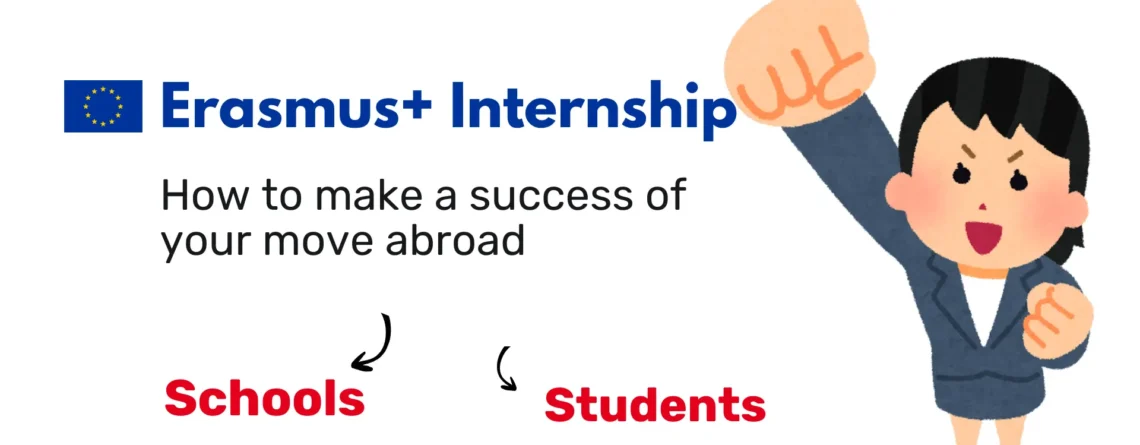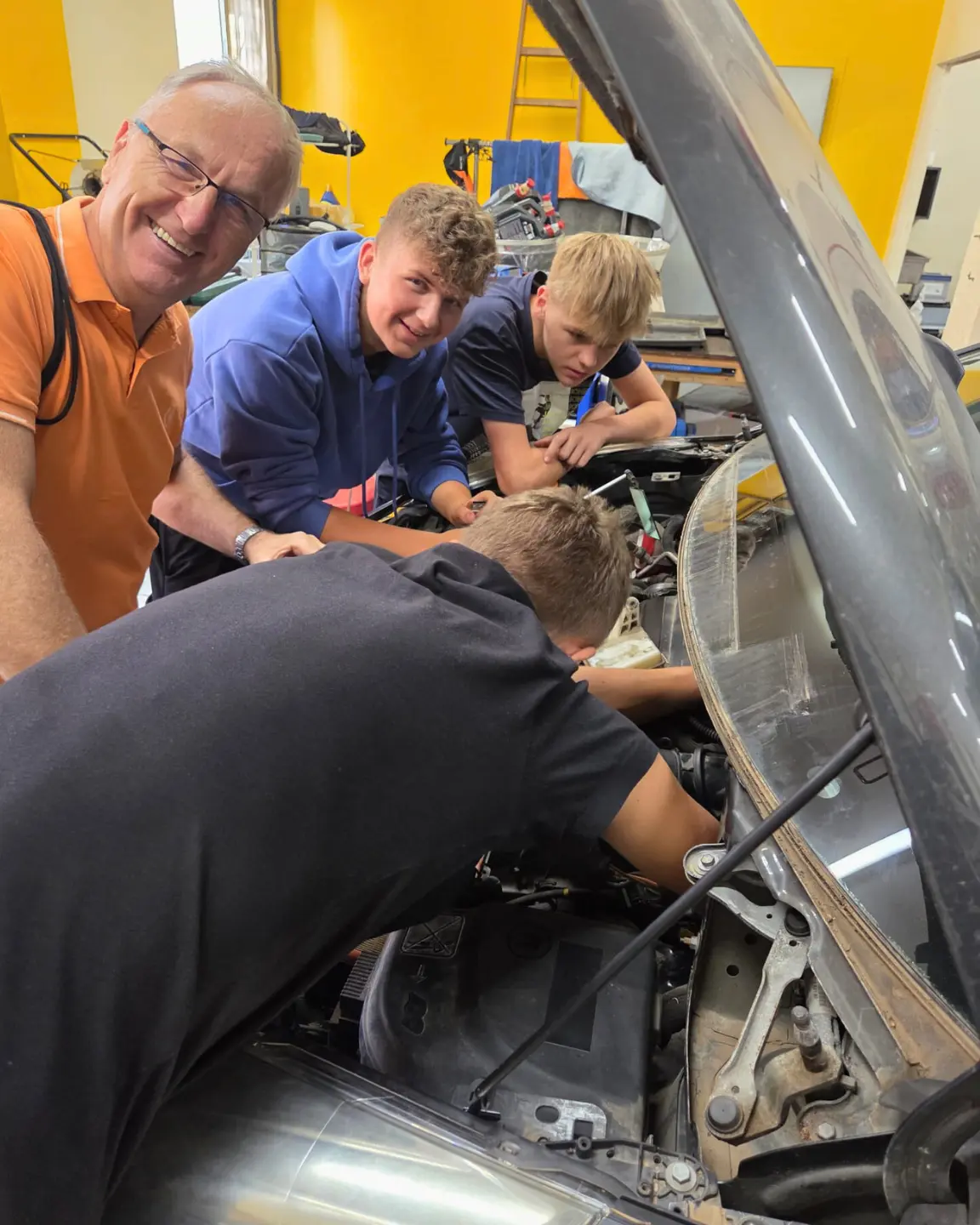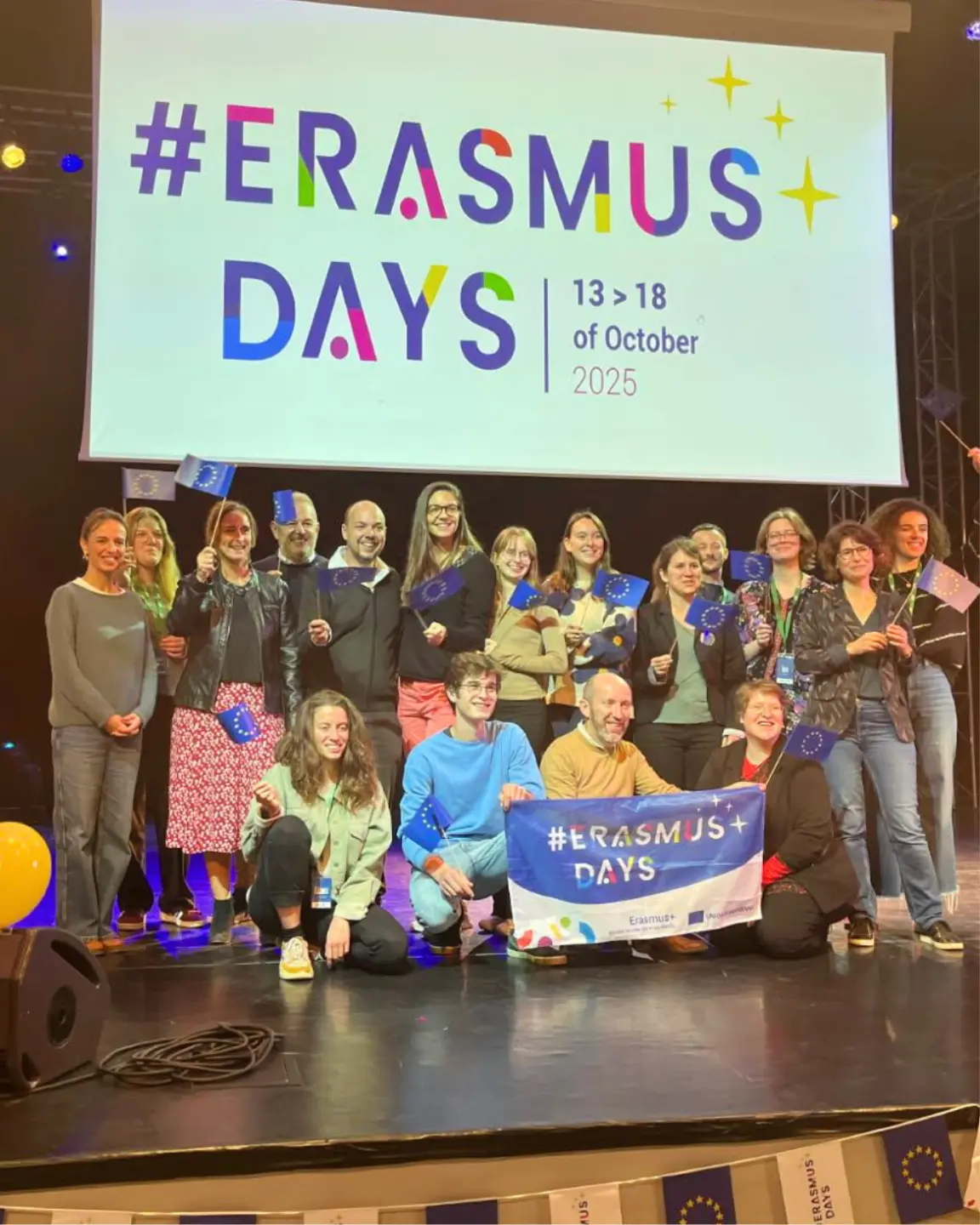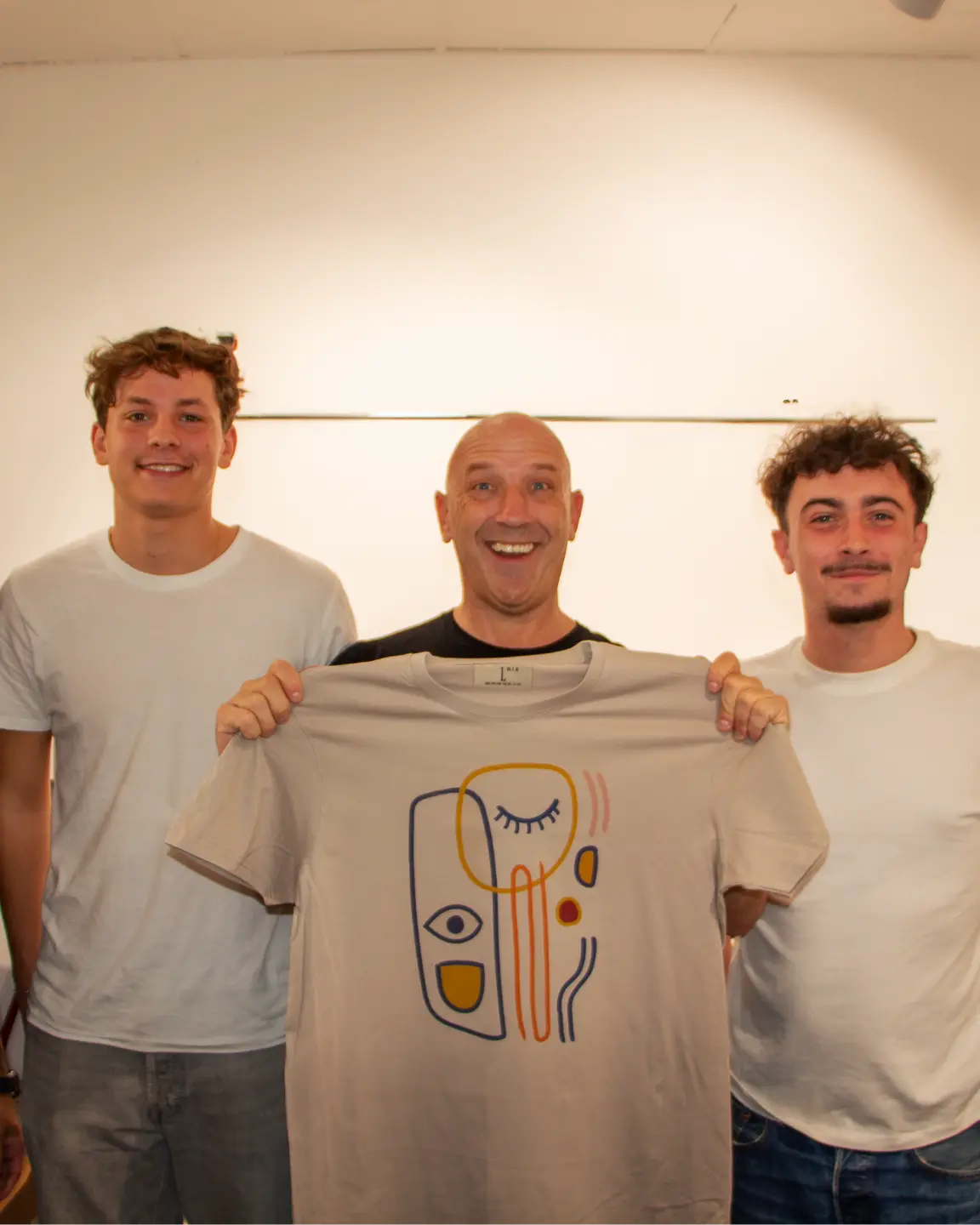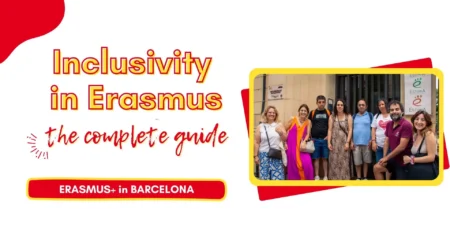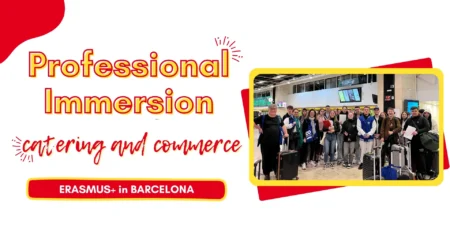Erasmus+ Internship: Complete Guide to International Mobility Success
Did you know that 9 out of 10 students who completed an Erasmus+ traineeship report that the experience transformed their career trajectory (Erasmus+ Survey 2024)? And that 78% of employers prefer candidates with international placement (QS Study 2025)?
An Erasmus+ internship abroad is more than just a line on a CV. It’s an opportunity for learners to discover themselves, immerse in a new culture, and boost their employability. It’s a transformative journey where they learn to adapt in unfamiliar territory, see the world differently, and apply their knowledge beyond traditional boundaries. All of this with financial support that makes the adventure accessible.
For higher education establishment, these experiences are a strategic lever: they strengthen international partnerships, elevate institutional reputation, and prepare Erasmus+ beneficiaries for global challenges.
In this article, we’ll explain Erasmus, what the concrete benefits are, and how to maximize opportunities, whether traineeships are mandatory, voluntary, short, or long. We’ll also share examples and testimonials from students we’ve supported from 2005 to today. Read to the end, an Erasmus+ internship could be your learners’ passport to an international career.
Each year, thousands of learners, apprentices (VET), and recent graduates cross borders to gain career background in European companies. The scheme offers enhanced skills, language mastery, and an expanded network, all with financial support to facilitate departure.
The objective is simple: prepare students for tomorrow’s challenges by developing:
-
Skill set recognized in the job market
-
Language proficiency (and not just in English!)
-
Intercultural awareness, a key asset in a globalized world
Bilingual in Two Weeks? No. But Resourceful, Yes.
Two weeks in another country won’t make students fluent in Spanish or Italian. However, it will force them to construct sentences, decode expressions, and communicate despite gaps. The result? They’ll return with motivation to learn, because they’ll understand that languages truly matter. And that’s something no classroom can replace.

For Higher Education Participants
With an Erasmus+ traineeship, learners can:
-
Validate expertise abroad, integrated into their curriculum (via the Learning Agreement for Traineeships)
-
Perfect a foreign vocabulary while gaining autonomy
-
Discover new working methods and broaden their practical vision
💡 Did you know? Exchange can be academically recognized (ECTS, work traineeships, validation) and seamlessly integrated into university degrees, technical diplomas, or certifications.
Erasmus+ Isn’t Just for Learners !
When we mention Erasmus+, we often think of young people on job traineeships in another country. Yet this European scheme goes much further! It also opens doors for staff working in higher education and vocational sectors.
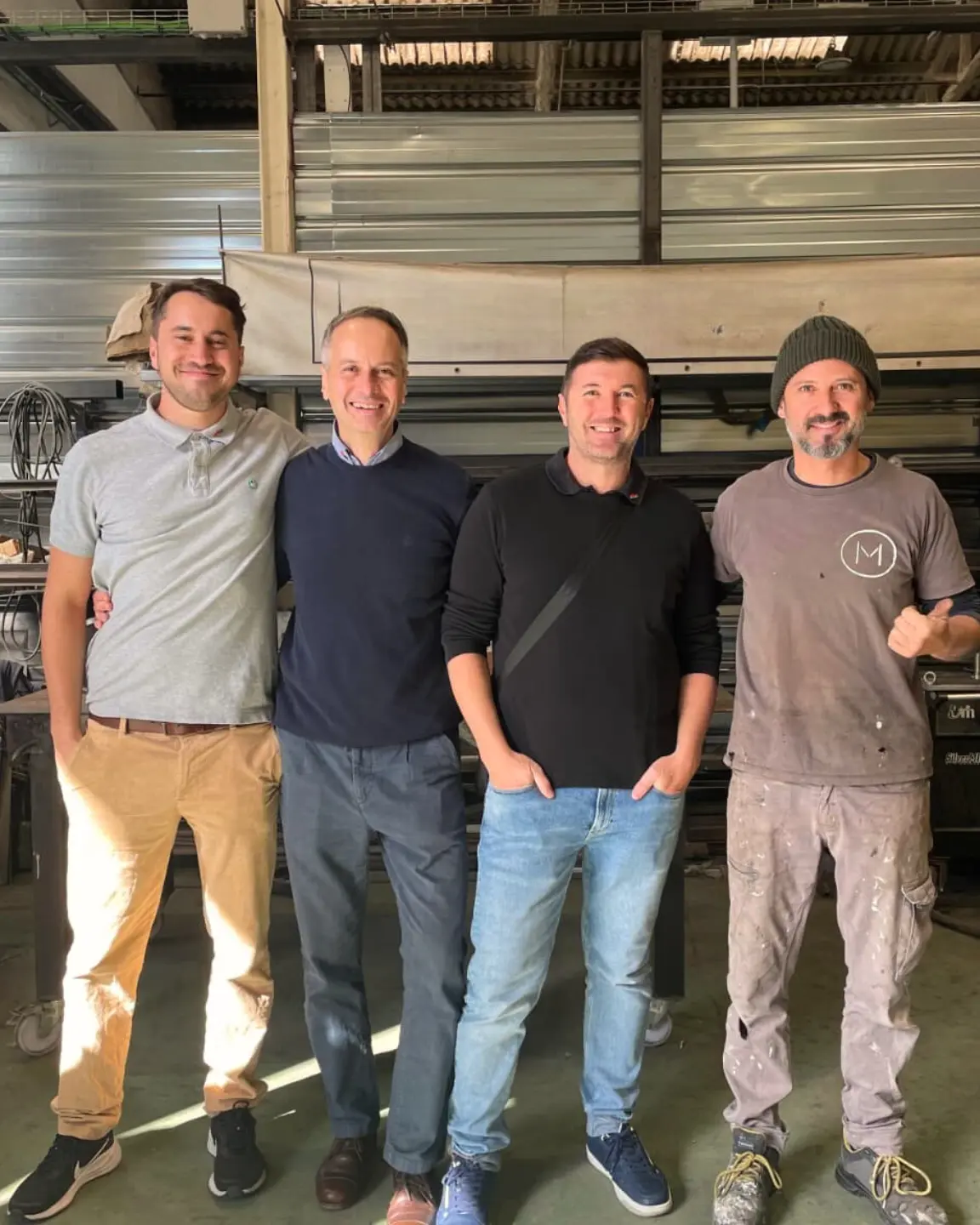
Abroad experiences for Teachers and Trainers
Professors, trainers, and educational staff can also benefit from Erasmus+. Options include:
-
Observing practices at another European foundation (job shadowing)
-
Teaching courses or providing instruction at a partner establishment
-
Developing skills on various themes (innovative pedagogy, digital tools, inclusion, etc.)
Why participate?
-
Boost relevant professional and pedagogical competencies
-
Draw inspiration from new methods and stimulate innovation in your foundation
-
Create a sustainable international network with European peers
💡 Real example: Three Austrian teachers specializing in metallurgy joined us for a week of observation in Spain. The activities included visits to partner companies, expertise exchanges, and discovery of local practices. An experience that strengthened ties and inspired new collaborations!
Administrative Staff Sojourns and Cooperation Projects
The Erasmus+ scheme isn’t limited to learners and teachers: administrative staff (project coordinators, international office managers, support teams) can also benefit. Workshops, observation visits, or project meetings, there are numerous opportunities!
Erasmus+ also finances collaborative projects between organisations:
-
Creation of joint pathways (joint degrees, shared modules)
-
Digital exchanges (platforms, innovative teaching tools)
-
Development of shared resources (manuals, online courses, etc.)
💡 Real example: 12 teachers (IT, English, economics, logistics) and a Polish deputy director, immersed in partner organisations in Barcelona. Objective? Modernize practices, exchange expertise, and expand your European network.
💡 Did you know? These transfer last from 2 days to 2 months and are supported by Erasmus+ grants just like for learners!
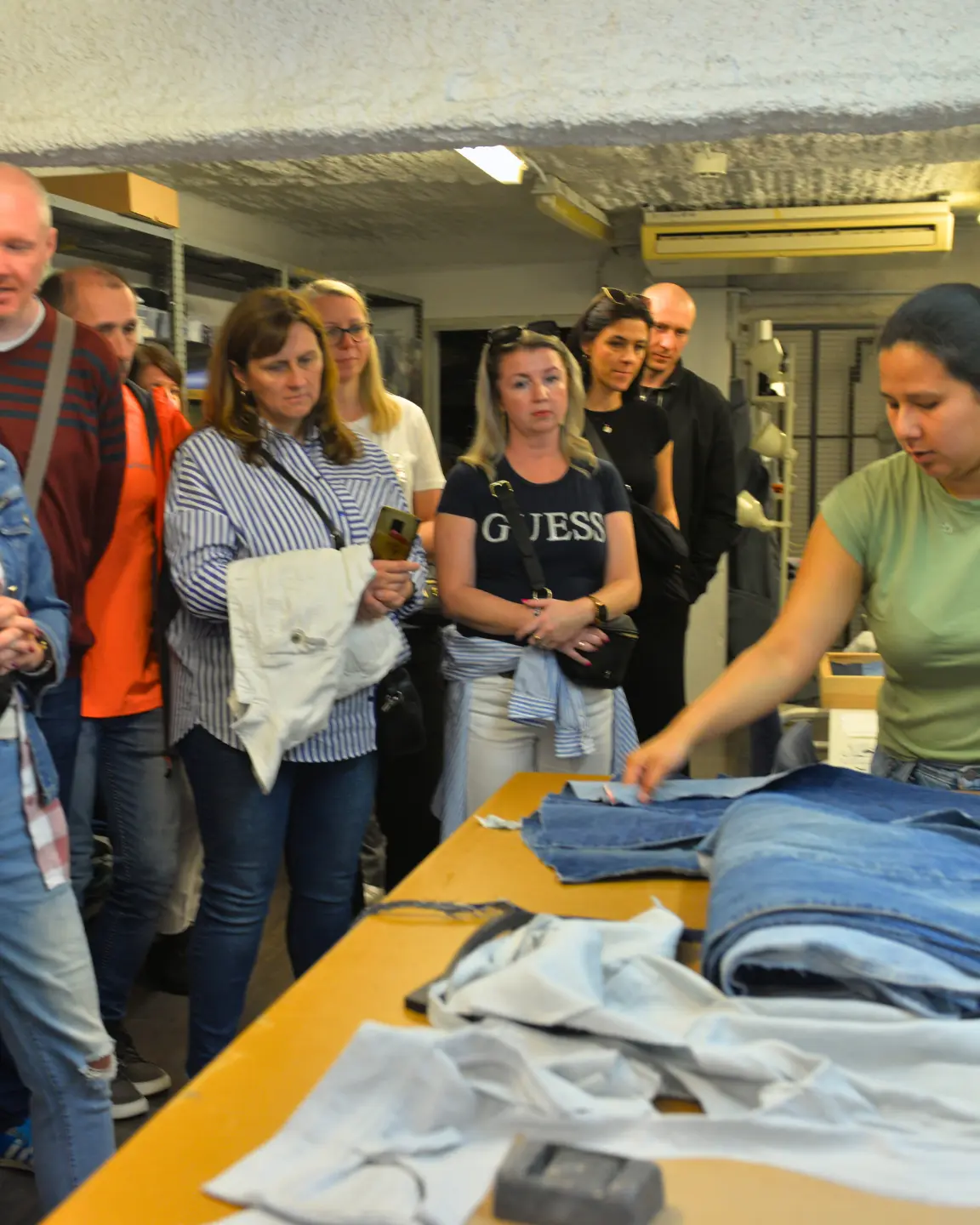
Who is Eligible? The Key Role of the Sending Institution
You are eligible if you are a learner, apprentice, trainee, or recent graduate (up to one year after graduation), and your stay abroad is part of your educational or professional pathway. Your sending school must hold an ECHE charter or Erasmus+ accreditation to validate your deployment.
This scheme relies on three-way collaboration:
-
You: experience an enriching professional staydispatch
-
Your academy: validates your project, signs your relevant agreement (Learning Agreement), and ensures your preparation and monitoring
-
The host corporation: provides an appropriate framework of workers in your expertise
Your academy plays a key role: it selects candidates, prepares the overseas experience (logistics, speech support), and guarantees recognition of skills upon return.
💡 Did you know? Recent graduates can participate in Erasmus+ up to 12 months after completing their studies, provided they submitted their application before graduation.
Erasmus+ Grant: How to Finance Your Traineeship ?
One of Erasmus+ major advantages? Financial support designed to reduce costs. Accommodation, transport, meals, the grant helps cover part of expenses without breaking the bank.
How Much Can You Receive?
The amount varies according to three criteria:
-
Your destination: countries with high living costs (like Scandinavia) receive higher support
-
Your traineeship duration: the longer it is, the more substantial the total amount
-
Your situation: scholarship holders or those with disabilities may qualify for additional funding
Steps to obtain your scholarship:
- Contact your institution: the Erasmus+ department or international relations office will guide you through the criteria and documents to be provided.
- Put together your application: application form, internship agreement (Learning Agreement), administrative documents, etc.
- Meet the deadlines: each institution sets its own deadlines (often several months before departure).
- Receive your approval and your funds: the grant is usually paid in two or three installments (an advance, then the balance after your return).

A Concrete Example
Imagine a group of 10 hospitality apprentices, supervised by their vocational school, departing for a 2-week experience in partner restaurants in Barcelona. Their school, signatory of the Erasmus+ charter, can request a deployment grant of €21 to €29 per day per apprentice, depending on exact duration (for longer periods, subventions are degressive).But this budget, while helpful, only covers part of actual costs. Additional funding exists:
-
Erasmus+ covers a base amount, its value depends on whether the sending college applied via a consortium
-
Regional authorities may offer supplementary scholarship
-
Participant profile: those with disabilities receive supplements
-
National agencies in each EU states may provide additional support
Placement Logistics: Duration, Countries, and Agreement
What is the Placement Duration?
An Erasmus+ job experience duration varies according to study level, project type, and host organization. It can range from 2 to 12 months, the ideal time to fully immerse in a European professional environment and progress at your own pace.
-
Short traineeship (2-3 months): initial immersion to explore a profession, discover a sector, and test an international career environment
-
Medium traineeship (4-6 months): perfect for conducting a concrete project, gaining autonomy, and developing targeted competencies
-
Long traineeship (6-12 months): in-depth experience allowing lasting integration, speech perfection, and professional profile strengthening
💡 Good to know: Duration counted corresponds only to actual working days. Each job experience relies on a Learning Agreement, the key document that sets pedagogical objectives and missions.
Choosing Your Destination: Participating Countries in Europe and Beyond
Erasmus+ extends well beyond European Union borders. In addition to 27 member states, the initiative includes several partner countries worldwide, further expanding horizons. The complete list of eligible destinations is available on the official Erasmus+ portal.
Among participants‘ most popular destinations:
- Spain: the undisputed (and indisputable) leader
- United Kingdom: particularly popular before Brexit
- United States: outside Europe, and yes, it’s possible!
Why Spain?
Spain attracts with its sunny climate, accessible vocabulary, and broad network of welcoming companies. Its dynamic culture and European anchoring make it a top destination for those seeking openness and warmth. Numbers confirm it: it remains Europe’s #1 country for Erasmus apprenticeship.
How to Choose Your Destination?
A good choice depends on:
-
Professional objective (sector, profession)
-
Vocabulary level in the chosen nation
-
Budget/cost of living locally
-
Host capacity in desired country
-
Availability and academic or professional recognition
🔗 To learn more about the concrete benefits of Erasmus+ mobility in Barcelona, check out this article: Erasmus+ internship in catering and commerce in Barcelona: a successful professional immersion. You will find testimonials, examples of assignments, and an overview of their daily lives.
The Learning Agreement
The Learning Agreement for Traineeships is the cornerstone of a successful Erasmus+ experience. A true engagement contract, it frames the entire learning experience and specifies objectives, missions, dates, and each party’s responsibilities: the participant, sending university, and host firm.
This document guarantees secure and recognized experience: it formalizes administrative aspects (insurance, social coverage, working conditions) and ensures academic or professional recognition upon return.
💡 Good to know: The Learning Agreement must be signed in advance by all three parties: the school, the participant, and the host organisation. We are present on-site to verify all signatures are correctly placed and that the document meets Erasmus+ requirements.
For successful mobility...
Institutional Challenges for Participant Internship

Finding a Reliable Company and Guaranteeing Quality Experience
For an Erasmus+ job traineeship to be truly formative, three essential elements must unite: a serious host firm, a secure environment, and structured support. The sending academy plays a key role here: it selects partners capable of offering missions consistent with participant profiles, attentive supervision, and conditions meeting Erasmus+ quality standards.
💡 Selection tips:
-
-
Choose organisations that have previously hosted Erasmus+ participants or are recognized in their fiel
-
Consult former participants’ feedback to evaluate proposed mission quality
-
Verify the structure guarantees safety, health insurance, and social coverage throughout the stay
-
Clearly define pedagogical objectives in the Learning Agreement, which will serve as a guide
🔗 Read our article 5 essential tips for schools to organize mobility programs.
Managing Administrative Procedures and Participant Monitoring
A successful Erasmus+ experience also relies on rigorous administrative coordination. The sending organism must:
-
Prepare and have the Learning Agreement signed
-
Verify health and social coverage
-
Provide all practical information (visa, accommodation, transport, etc.)
During the traineeship period, regular monitoring is essential: exchanges with participants, contact with companies, and evaluation of set objectives. This monitoring guarantees stay quality and proper recognition of acquired skills.
💡 Good to know: Facilitate management and monitoring through digital tools (Erasmus+ platforms, dedicated messaging, online forms) to centralize documents and streamline communication between all parties.
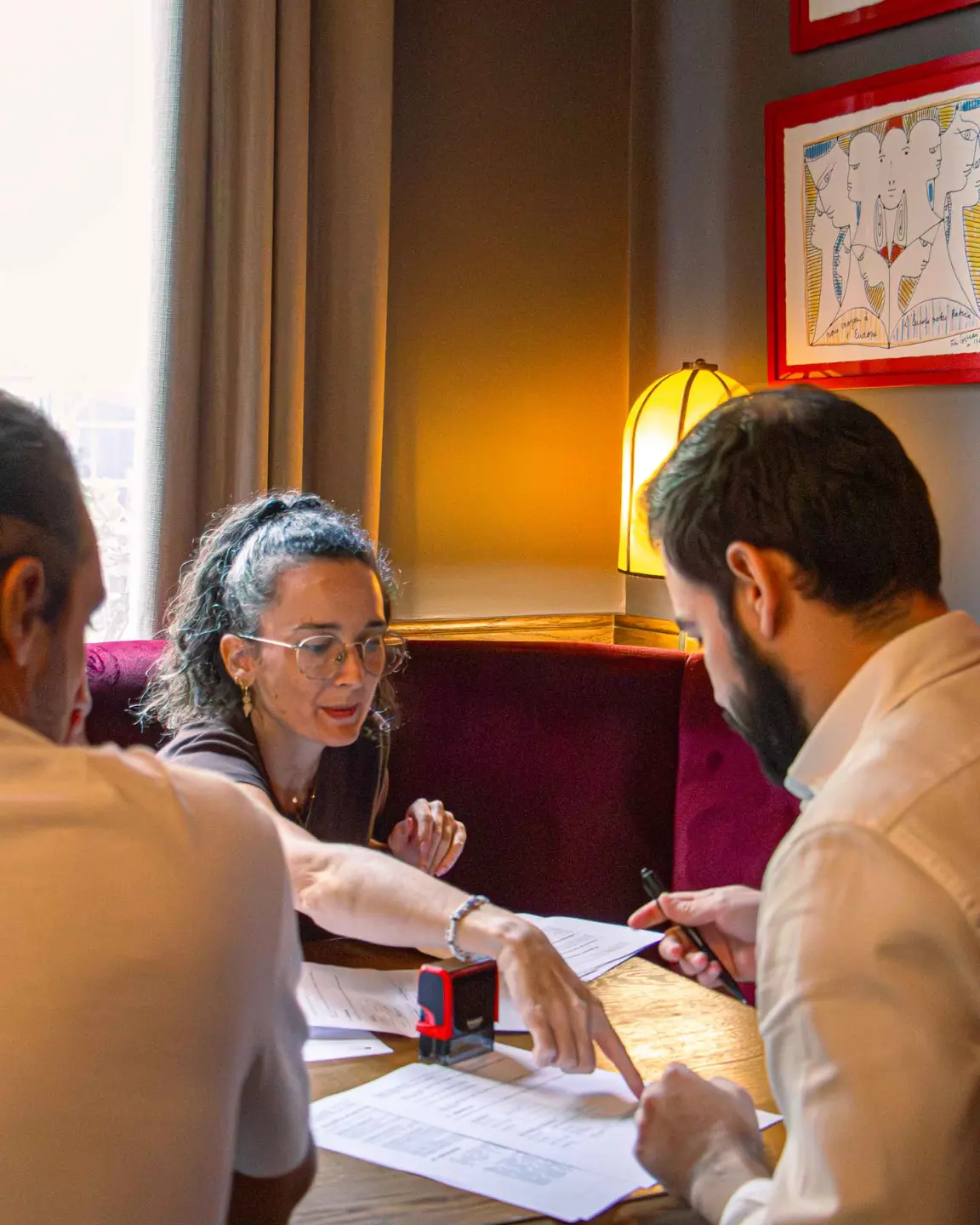
Our Solution: On-Site Support for Smooth Experiences
Facing complexity (finding reliable companies, administrative formalities, pedagogical quality, and safety), we’ve implemented comprehensive local support since 2005.
🔗 Watch testimonials from a mobility advisor during a special trip to Barcelona.
On-site, our team:
-
Intervenes quickly in case of difficulties related to the job experience or reception
-
Adapts missions and monitoring to each cycle’s pedagogical objectives
-
Organizes accommodation (host family or apartment) for comfortable stays
-
Handles all administrative verifications: official signatures, Learning Agreement compliance, file monitoring before and during vocational training.
💡 Good to know: Our local support guarantees quality, secure, and personalized Erasmus+ experiences, allowing participants to focus on essentials: their missions and professional development.
Conclusion
Erasmus+ isn’t just a framework, it’s a unique human and professional experience. Whether a work traineeship, professional development, or cooperation project, each mobility opens pathways to new competencies, perspectives, and connections. With appropriate support, trusted partners, and solid organization, Erasmus+ project success becomes not only possible but natural.
FAQ – Programme Erasmus+ Espagne
The process varies by profile:
- Learners: Contact your institution’s international relations office or Erasmus+ coordinator
- Apprentices/VET learners: Reach out to your vocational center
- Recent graduates: Submit your application before completing studies (learning experience possible up to 1 year after graduation)
- Educational/administrative staff: Contact your institution’s Erasmus+ coordinator or management
👉 More official information on ec.europa.eu/erasmus-plus.
-
Learners (from first year of bachelor’s degree)
-
Apprentices and vocational participants (VET)
-
Recent graduates (within one year of graduation)
-
Teachers, trainers, and administrative professionals (for observation, teaching, or development missions)
-
Not mandatory: The Erasmus+ funding covers part of expenses (accommodation, transport, etc.), but companies aren’t required to pay a salary
-
Some companies offer remuneration (varies by country and sector)
Financial aids are higher in countries with high living costs:
-
🇩🇰 Denmark / 🇳🇴 Norway / 🇸🇪 Sweden (~€500-520/month)
-
🇫🇷 France / 🇪🇸 Spain / 🇮🇹 Italy (~€420-470/month)
-
🇵🇱 Poland / 🇵🇹 Portugal (~€320-370/month)
👉 Check exact amounts with your National Erasmus+ Agency
This is very subjective, but generally:
- Administrative procedures (file, agreement, documents)
- Tight budget (subvention doesn’t always cover all expenses )
- Cultural adaptation (speech, different working methods)
- Accommodation sometimes difficult to find (especially in large cities)
Erasmus (1987-2013): Framework limited to student exchanges in Europe
Erasmus+ (since 2014): Expanded to:
-
Traineeships, vocational development, and staff mobilityCountries outside EU (international partnerships)Cooperation projects between institutions

